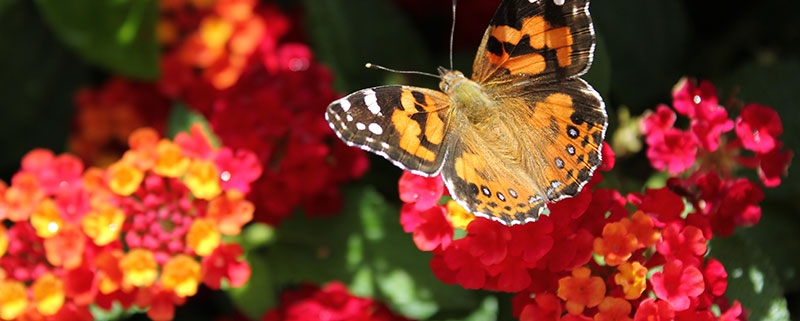by Amy Dahlenburg
As I write this, I have one child crying because he wants to watch TV instead of doing school work. I have another child fed up with her little brother because he’s complaining when she’s trying to encourage him to do his work.
I am in my new home office juggling two jobs while trying to keep the peace in my household so I can get some work done. Today I had a phone meeting with my boss with a sobbing child on my lap. Meanwhile, my husband is upstairs in his own online meeting as he’s also trying to work from home.
This is our current reality. We can’t see anyone else; all we have is each other. We still have our responsibilities, but we’re feeling the underlying stress of change and anxiety as well.
Other mums are messaging me, complaining that their kids aren’t doing their school work or are leaving a mess around the house. The themes coming through these conversations are grief and anxiety.
There is grief from loss of freedom, from loss of an income or the loss or illness of someone dear. Kids are grieving the loss of their routine, missing activities they love and seeing their friends.
There is anxiety from the uncertainty. Will I catch the virus? What if someone I love dies from it? Where is God in this mess? How will I get through this?
I was asked by a friend today, ‘What are you doing to cope?’. My answer was simple. ‘I’m not coping’. However, I am doing the best that I can. I am acknowledging that some days the grief of all we’ve lost or could lose is overwhelming.
Acknowledging grief and taking time to adjust is important. We need to give our kids that space, too. So although I would have preferred today to have had my meeting without a crying child in my lap, I knew he needed that safe place to feel those feelings overwhelming him. I was not going to put more pressure on him to cope when his life has been turned upside down by an event he can’t fully understand.
As a person who suffers from anxiety, this ever-changing situation has been a challenge. But I have learnt through past traumas to look for the small blessings. God has placed beauty all around us, reminding us that he loves us and is blessing us.
After the death of my baby son, I learnt to look for things that often go unnoticed: water droplets on a flower petal, a sunrise making the sky light up, or a butterfly on a flower. I remember driving home from a difficult hospital appointment when it had been raining. When the sun came out, my eyes were opened to the beauty as the trees and the road glimmered and sparkled. It was enough to make me smile though my heart was full of pain.
Gratitude is an antidote for fear.
It can feel similar with God. We long to see his hand working but all we see is our hardship and fear. Even if we can’t see Jesus in our situation, we can look for him in the small things. God has placed love notes all around us through nature and people – little reminders of his presence and care.
Jesus doesn’t promise to take away our hardships, but he promises to be there with us. He’s feeling the pain and the grief, too. When we focus on Jesus and his love for us, the grace he offers us even when we’re down and angry, and the hope of an eternity with him, our perspective can change. We may start seeing how this situation can have some silver linings.
Amy Dahlenburg and her family are members of Mawson Lakes Community (Lutheran) Church in South Australia. She has also shared her story through Lutheran Media’s Messages of Hope. You can listen to the program here.




